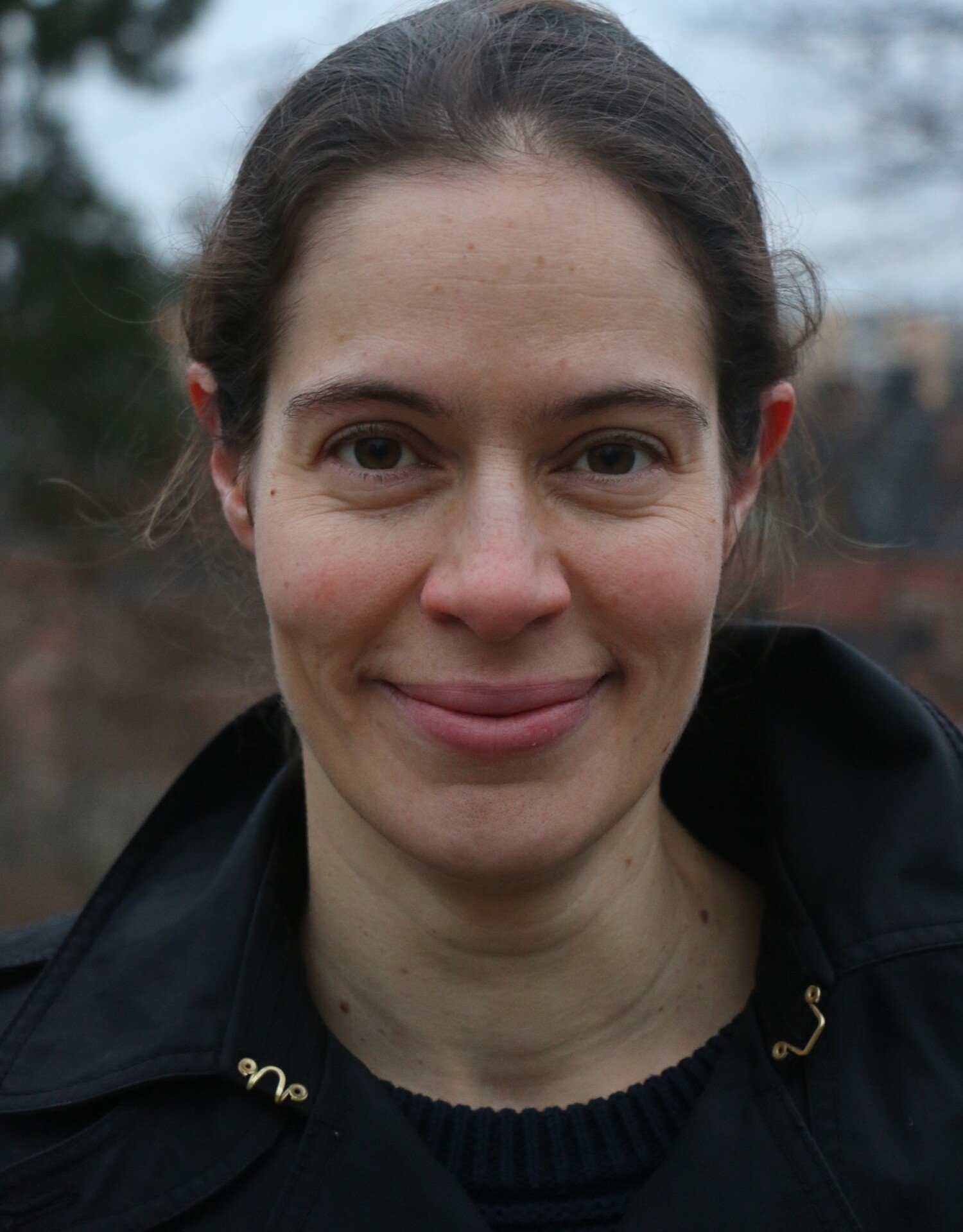A new study by researchers at Karolinska Institutet and Karolinska University Hospital shows that patients diagnosed with the rare skin cancers mycosis fungoides and Sézary syndrome face a significantly higher risk of dying from lymphoma and infections compared to the general population. The study was recently published in the British Journal of Dermatology.
Mycosis fungoides (MF) and Sézary syndrome (SS) are types of cutaneous T-cell lymphomas, cancers that affect immune cells in the skin. While MF often progresses slowly, SS also spreads throughout the body. The researchers followed over 600 patients in Sweden diagnosed between 2000 and 2019, comparing them with more than 6,000 people of the same age and sex without these diseases.
The study found that patients with MF or SS had a 56 per cent higher risk of dying from any cause. The risk of dying from lymphoma was nearly 180 times higher, and the risk of dying from infections was almost three times higher than in the general population. However, deaths from heart disease or other cancers were not more common.

"Lymphoma was the leading cause of death, especially among patients with more severe disease," says Hanna Brauner , researcher at the Department of Medicine Solna at Karolinska Institutet, and dermatologist at Karolinska University Hospital. "We also saw that infections, although less common, contributed to increased mortality."
To identify patients with more severe disease, the researchers looked at those who needed hospital care or systemic treatment shortly after diagnosis.
These patients had a much shorter median survival - just 4.5 years compared to 14.2 years for those with milder disease.
Careful monitoring important
The findings underline the importance of early diagnosis and careful monitoring of these patients and highlight the heterogeneity of the disease.
"Our results show how varied the disease can be," says Hanna Brauner. "Patients with mild MF often live many years, while those with severe forms of MF or SS need more intensive care and support."
The study also suggests that managing infections proactively could improve outcomes, especially since both the disease and its treatments can weaken the immune system.
The study was supported by the Swedish Society for Medical Research, the Swedish Cancer Foundation, Region Stockholm, Hudfonden, and the Clas Groschinsky, Radiumhemmet, and Karolinska Institutet foundations.
Publication
"Increased mortality due to lymphoma and infections in patients with mycosis fungoides or Sézary syndrome: A Swedish nationwide, population-based cohort study" , Lina U Ivert, Sara Ekberg, Karin E Smedby, Hanna Brauner, British Journal of Dermatology, online 19 June 2025, doi.org/10.1093/bjd/ljaf233.






